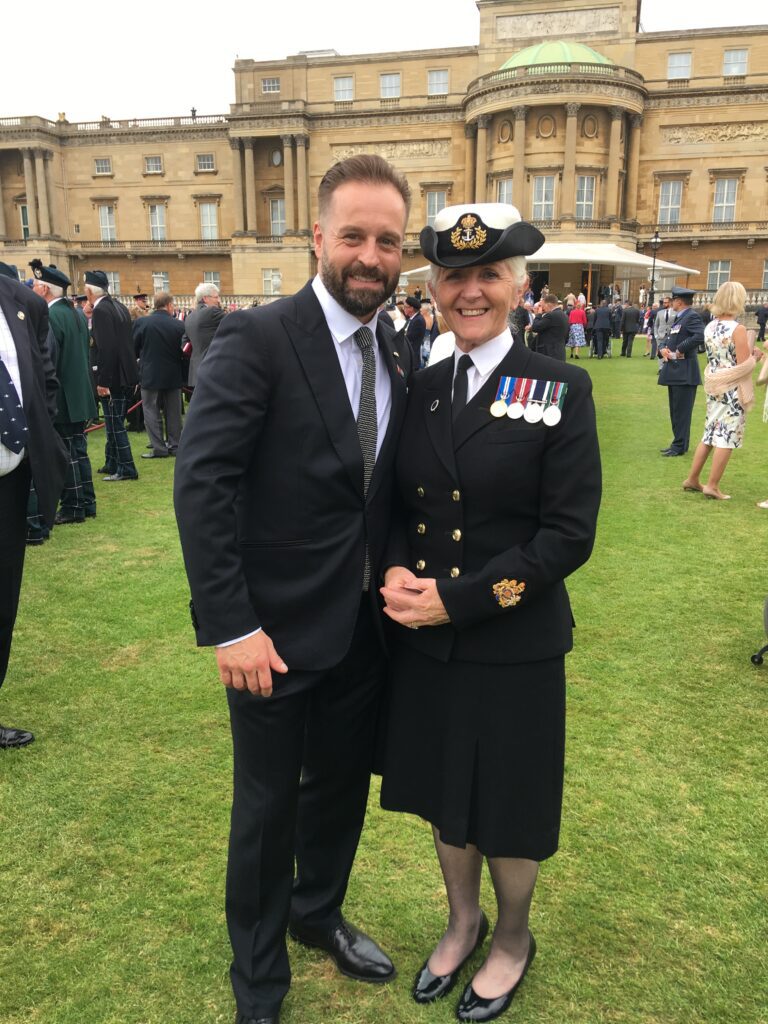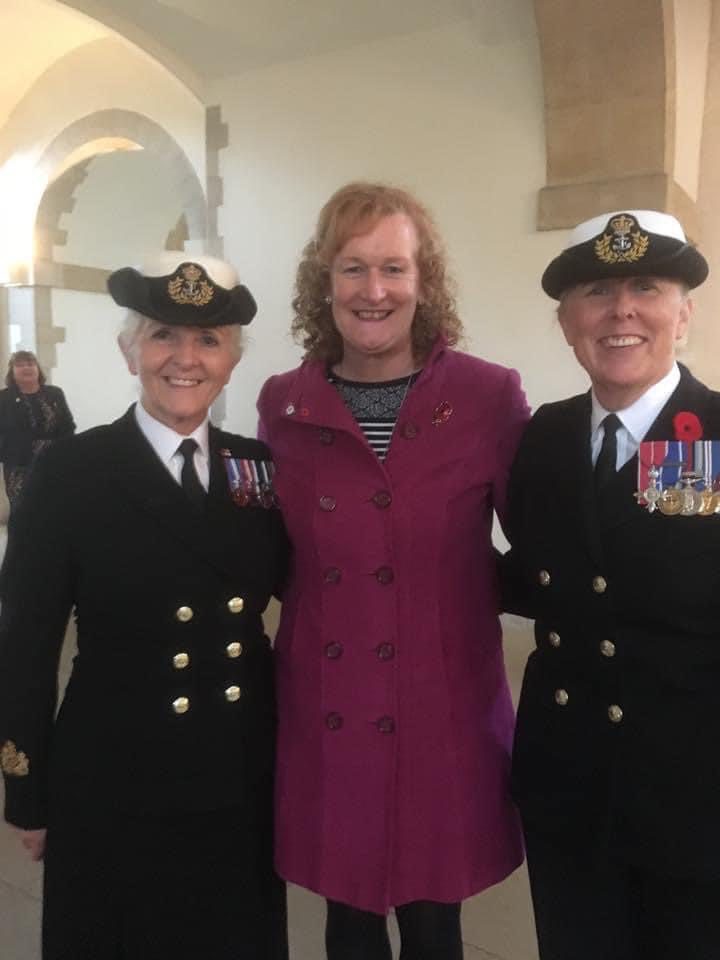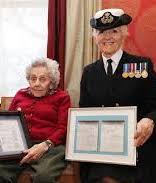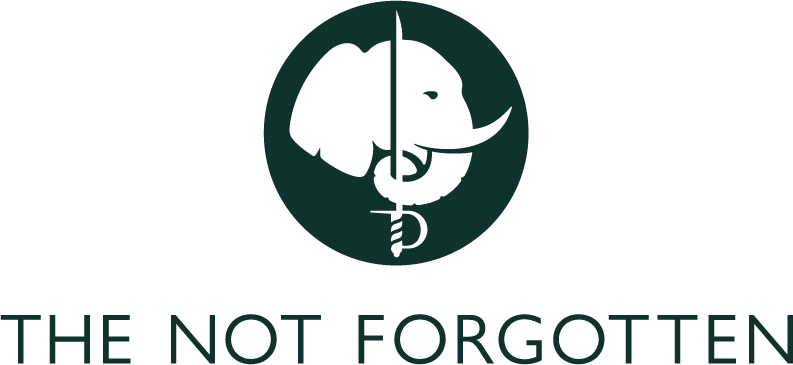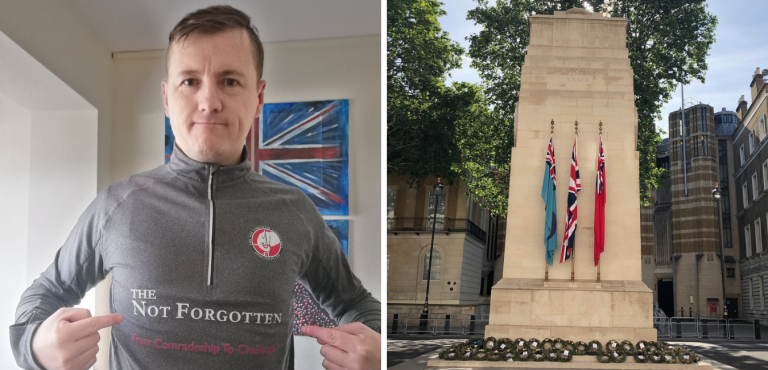International Women’s Day: Barbara’s Story
Barbara McGregor currently holds the Guinness World Record as longest-serving female in the British Navy, having joined the Women’s Royal Naval Service (WRNS) in 1977 and serving 44 years until her retirement (if you can call Barbara’s busy life that!) in 2021. She has had many fascinating experiences from policing the US military in Diego Garcia to briefing top brass on the state of recruitment across the Navy, and has met amazing people along the way from the Admiral of the USSR fleet to the Aberfan Wives. As she puts it: “It’s been a busy 44 years!”
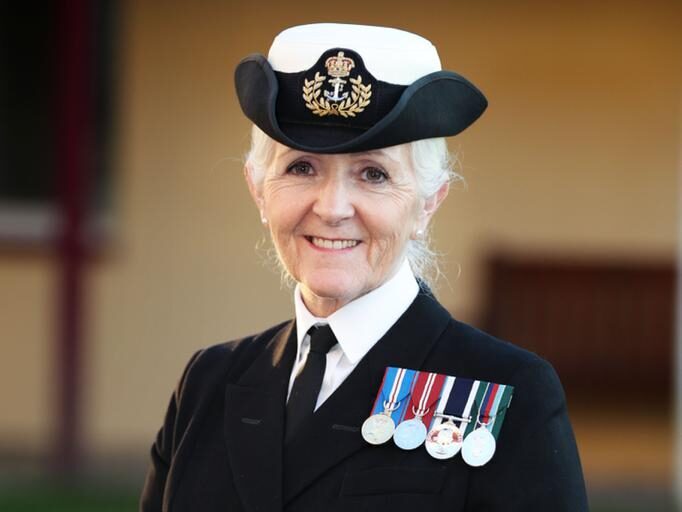
With a career spanning the societal shifts of the 70s, 80s and 90s and including prominent roles in Naval recruiting, Barbara has a fascinating perspective on how things have changed for females in the armed forces. She speaks with pride about the ‘Wrens’ of World War Two who paved the way for future generations of women in the Navy and is a passionate advocate for empowering young women serving today.
“In the 1970s and 80s we rode the waves of the fantastic, formidable women of World War Two who gave us a platform through what they did. We had a huge responsibility to build on that – we said to ourselves ‘Come on ladies, we’re going to stand up and be counted’.
“When I joined up in 1977 we were classed as being in a supportive role to the fleet. Which didn’t stop you working hard but it was restrictive. By the time I left every single female could do any job in the naval service – including the Royal Marines. Complete equality at its best. Be a Royal Marine, be a diver, be a fast jet pilot! The world is your oyster!”
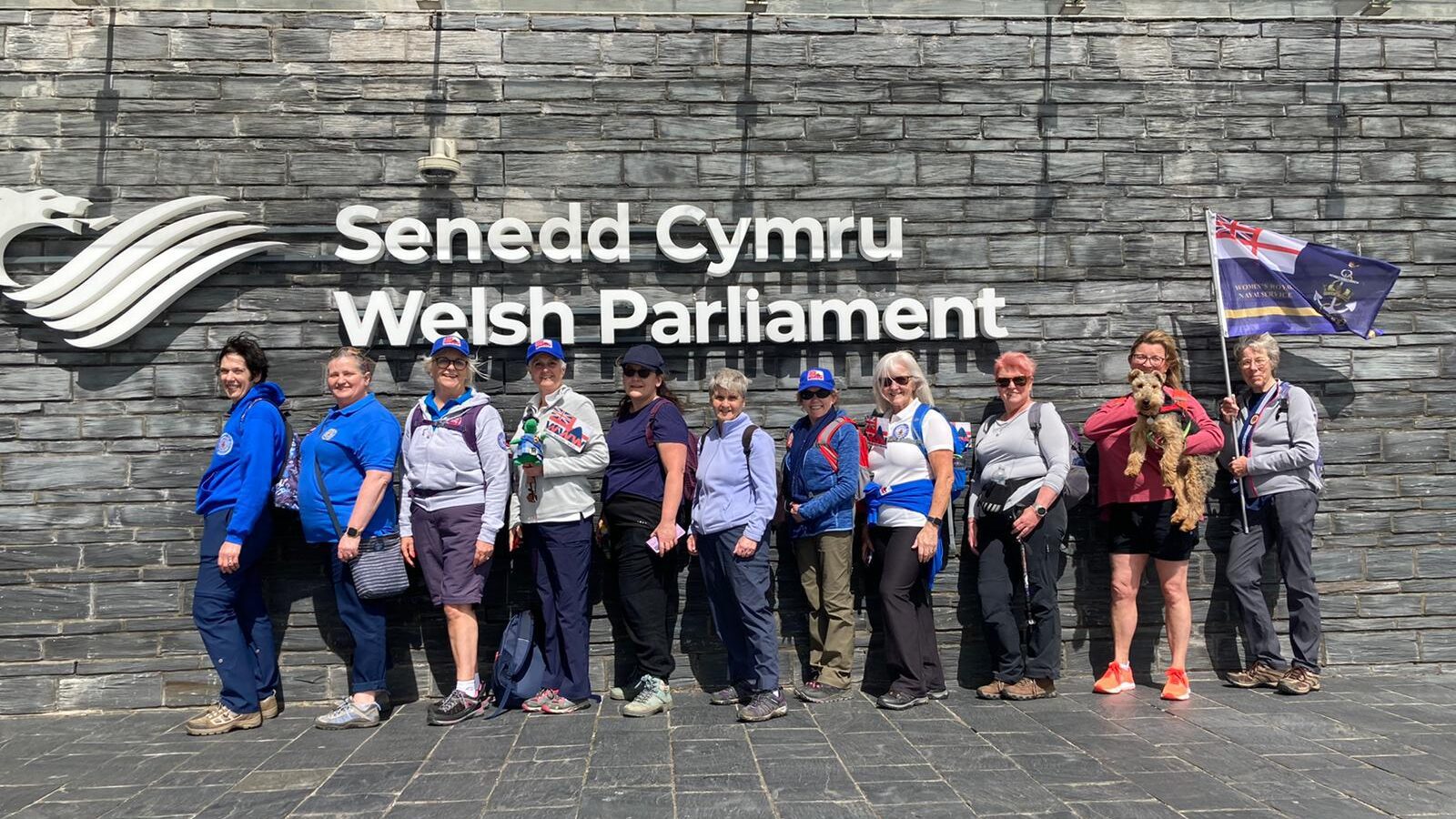
Having had to give up on aspirations to be an air hostess because her French was below par, 16 year-old Barbara filled out a coupon to join the WRNS in a newspaper whilst still at school in Bridgend. By July 1977 – three months before her 18th birthday – she was signed up and sent to HMS Dauntless for training.
“The camaraderie there was great; I loved it immediately. I am still in touch with many of the girls I trained with – twelve of them came to my retirement party last year! We had only four weeks training. The instructors were all women – strict but very fair. There was not much physical training or tests; it was more like finishing school.”
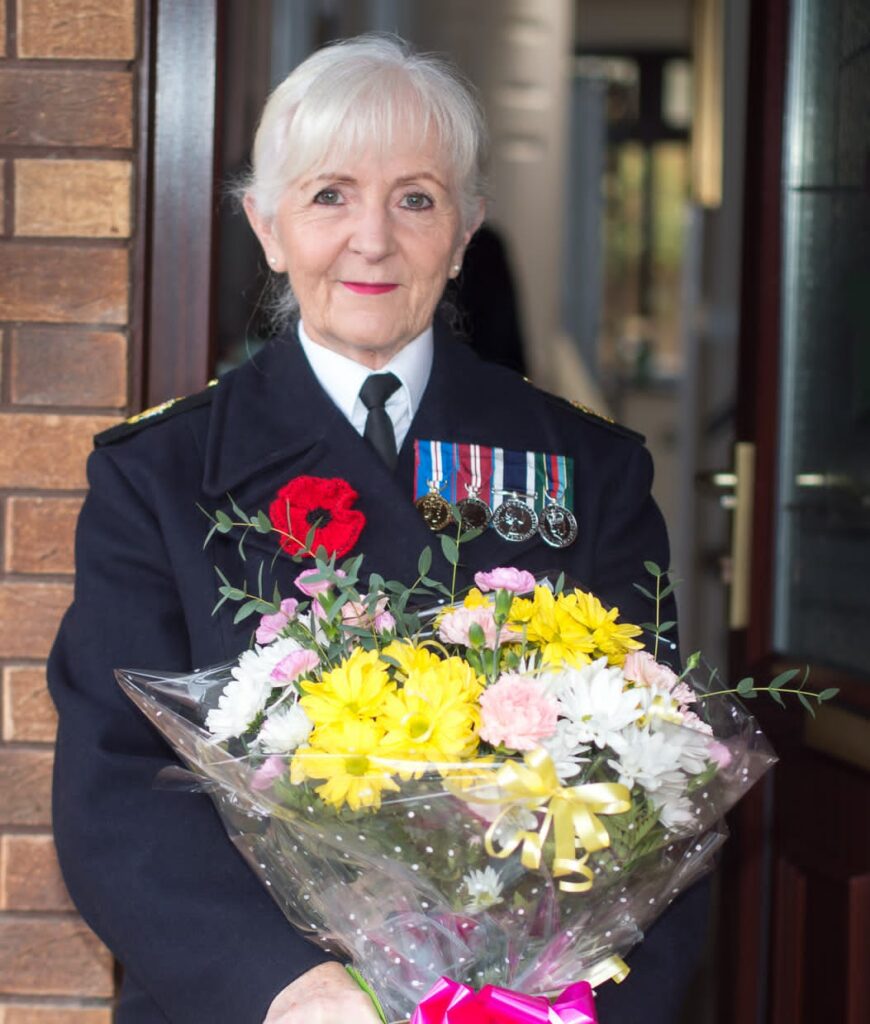
One of Barbara’s first postings was to Yeovilton Air Base where she served as a communicator during the introduction of the Harrier jump jet in 1978, working in the top-secret signals office – “it was terrific! I saw the Harrier come in in 1978, then its decommissioning in 2011 – when you serve nearly 44 years you see a lot.”
Barbara served two separate tours of Gibraltar in the early 1980s and a very formative four-month tour to Diego Garcia in 1984, a British territory in middle of Indian Ocean where the American military presence is policed by the British. “It was an extremely isolated place. We were really out on a limb with no communications whatsoever other than infrequent letters and parcels. Policing the American servicepeople was an eyeopener for me – I was very naïve and witnessed some astonishing things!”
But her favourite jobs have been taking girls through Basic Training at HMS Raleigh in 1987, and more recently in the Royal Navy Careers service, serving as Warrant Office to Commodore Miller, promoting naval recruitment across a huge area of the UK.
“I have been given so many opportunities through the Navy – I have grasped every one of them; you have to.” Barbara remembers meeting many members of the Royal Family. “I met Lord Mountbatten on my 18th birthday on a parade on HMS Mercury – he was much smaller than I thought he would be!”. And as Master at Arms at HMS Raleigh Barbara looked after many a VIP at passing out parades – after several encounters with the Princess Royal she asked in astonishment ‘Are you still here?!’”.
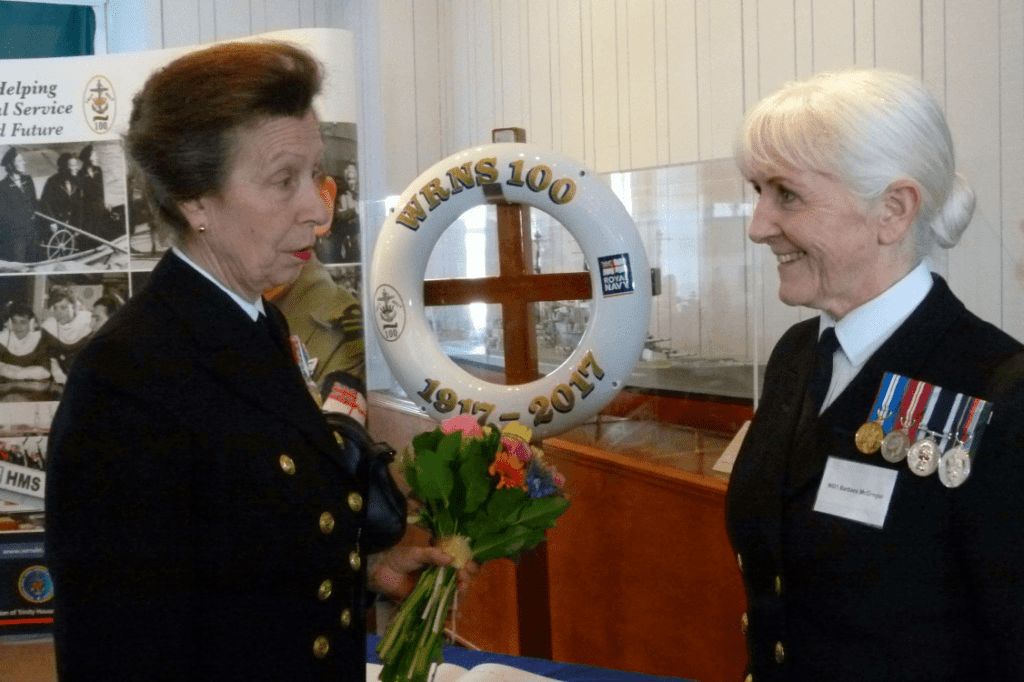
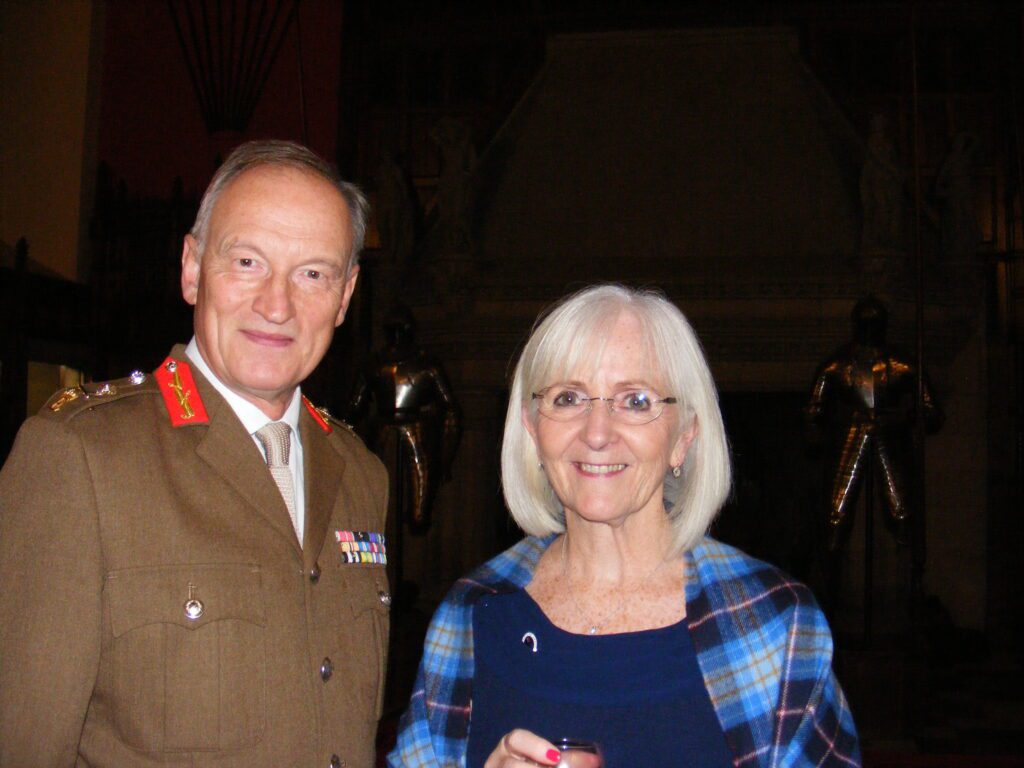
When the Berlin Wall came down the Admiral of the Fleet of the Soviet Union came to HMS Raleigh. When he enquired about the living conditions on base Barbara ended up showing him round her house! And as lead Warrant Officer at the NATO Summit in Cardiff in 2014 she found herself briefing many top politicians including the Secretary of State for Defence and the First Minister for Wales.
She has also worked with a wide range of women, from those she is still close to, to those she found less agreeable – I have worked with some lovely Wrens in my time, but I’ve also worked with some complete battle-axes – who have taught me how not to behave and how not to treat people!”
Amidst all these formative encounters and fascinating people, Barbara has witnessed seismic changes in the role and treatment of women in the Royal Navy.
“If you think back to 1977 when I joined, we were still riding the waves of the Second World War and its aftermath – the wartime recruitment drive of ‘Free a man for the fleet’. It was very hard to overcome that culture; to become more than just an add-on or support but something of significance. We had to work really hard as Wrens.
We were held in high esteem by senior officers – they were aware of our history, what Wrens had done and what we were continuing to do. I think they realised Wrens were more intelligent than the average sailor! But working alongside our male colleagues we had to work hard to prove that we were equivalent to if not better than men – there’s no room for complacency, you always had to keep your standards high. And apart from my very first course as a communicator, I have always been the only female on any leadership course I have ever done.”
Barbara thinks probably the biggest change she has seen is being allowed to continue serving whilst marrying and having children. “You could get married as a Wren from the 1970s, but you had to request to do so. And for decades if you became pregnant you had to leave service. That didn’t change until April 1991 – and guess what, my son was born in September 1992! I was a ‘geriatric mother’ because of that! It was often a lottery as to how you were treated if you became pregnant – before 1977 things like that were decided by local orders and depended on how sympathetic your Chief Wren was. That all changed when administration was centralised in ’77.”
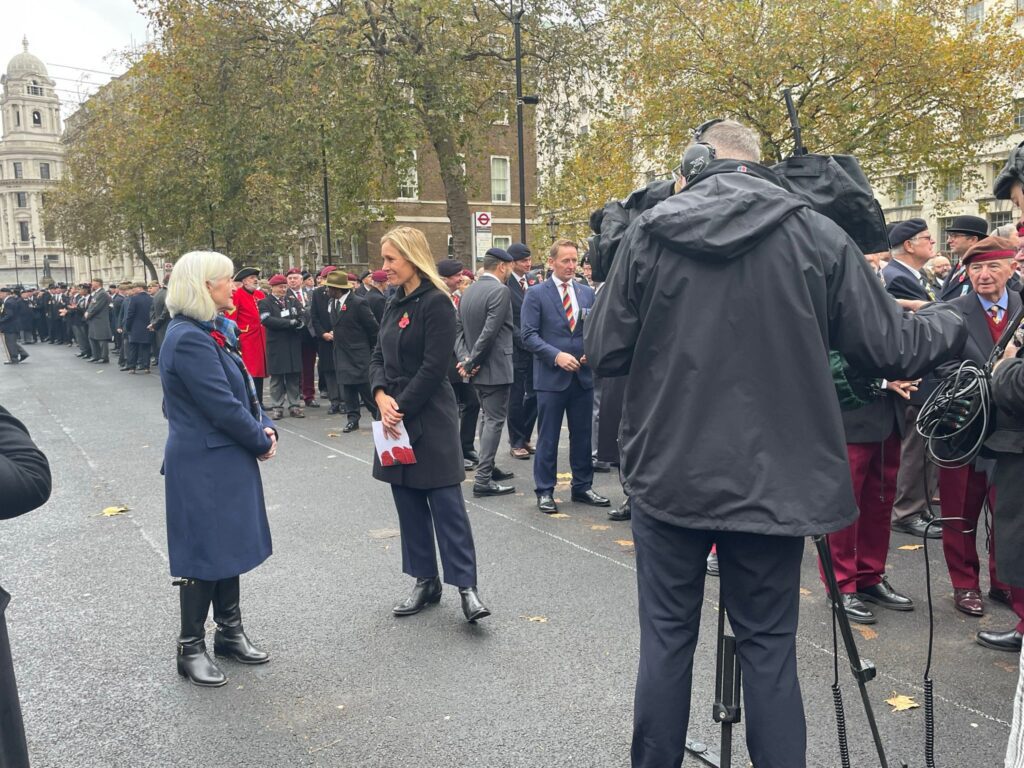
“The other huge change is women actually serving at sea. From 1993, women who joined the Navy were signing up to go to sea, you couldn’t opt out. If you had served before ’93 you could opt out – which is what I had to do as it was too late for me to go to sea by then, with no experience and with a family. But if I was 18 again I would jump at the chance to go to sea and travel the world.”
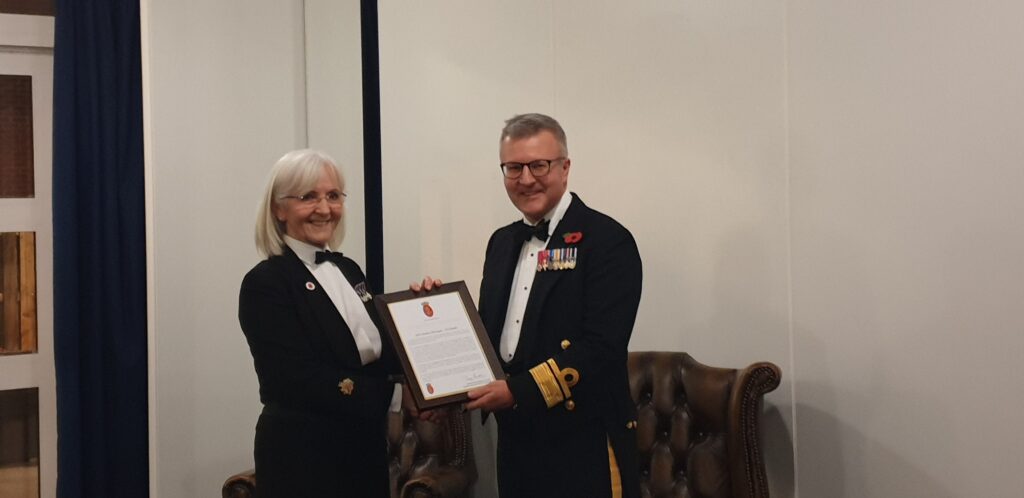
Sea-legs aside, Barbara is incredibly proud of everything she achieved during her 44 years in the Navy – and indeed since, in influential roles as a veteran.
Her Guinness World Record as longest-serving female in the British Navy was “one of my proudest moments – I was absolutely honoured to receive that”. Her record was talked about in Parliament and the Welsh Assembly – she has the Hansard record to prove it! She is also particularly proud of her final three years of career when she was First Command Warrant Officer for Recruiting, responsible for briefing The First and Second Sea Lords on the state of recruitment across the entire Navy. This was a new role she was the first to hold, and for the final nine months had to maintain through Covid with no careers offices open and staff working from home facing the challenges of isolation.
In 2017 for the 100th anniversary of the founding of the WRNS, Barbara organised the inspirational ‘Wrens Walking Wales’ initiative – four Wrens completing a 100-mile walk from Newport Parog (West Wales) to Cardiff in nine days, raising £6,500 for charity and engaging with all sorts of communities on the way including the Wives of the Aberfan disaster who held an afternoon tea in Aberfan Chapel in the Wrens’ honour – “up there in the highlights of my whole life”. Wrens Walking Wales then developed into ‘Wrens Out Walking’ which has over 600 members all over the world and proved a lifeline for many during Covid.
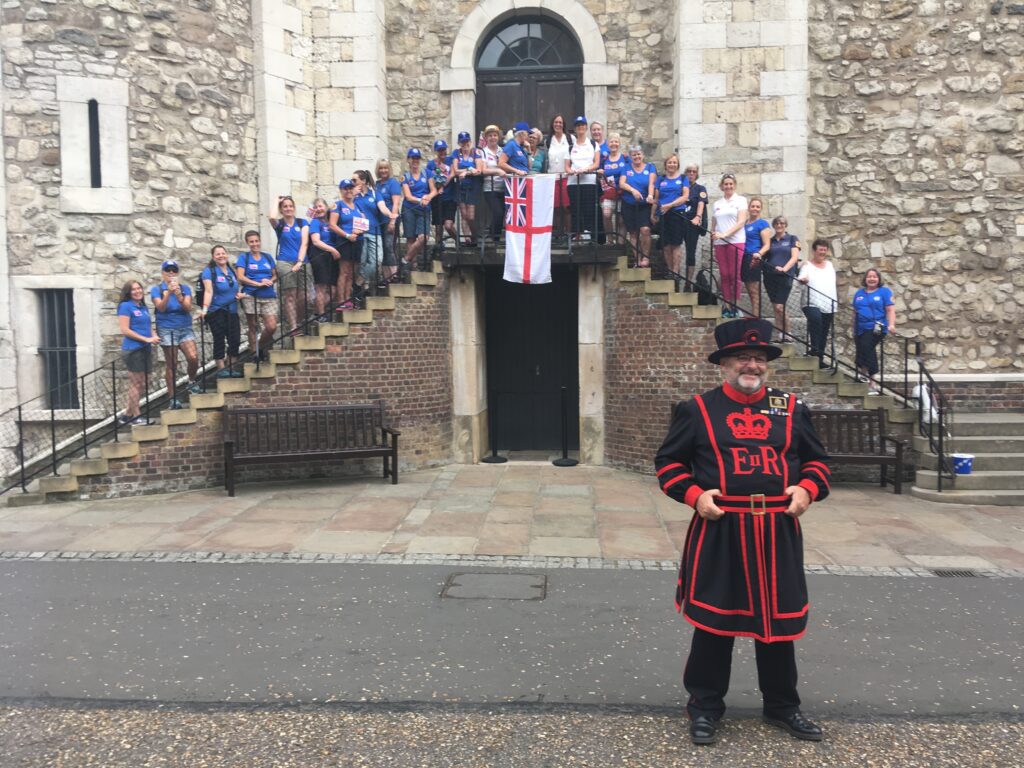

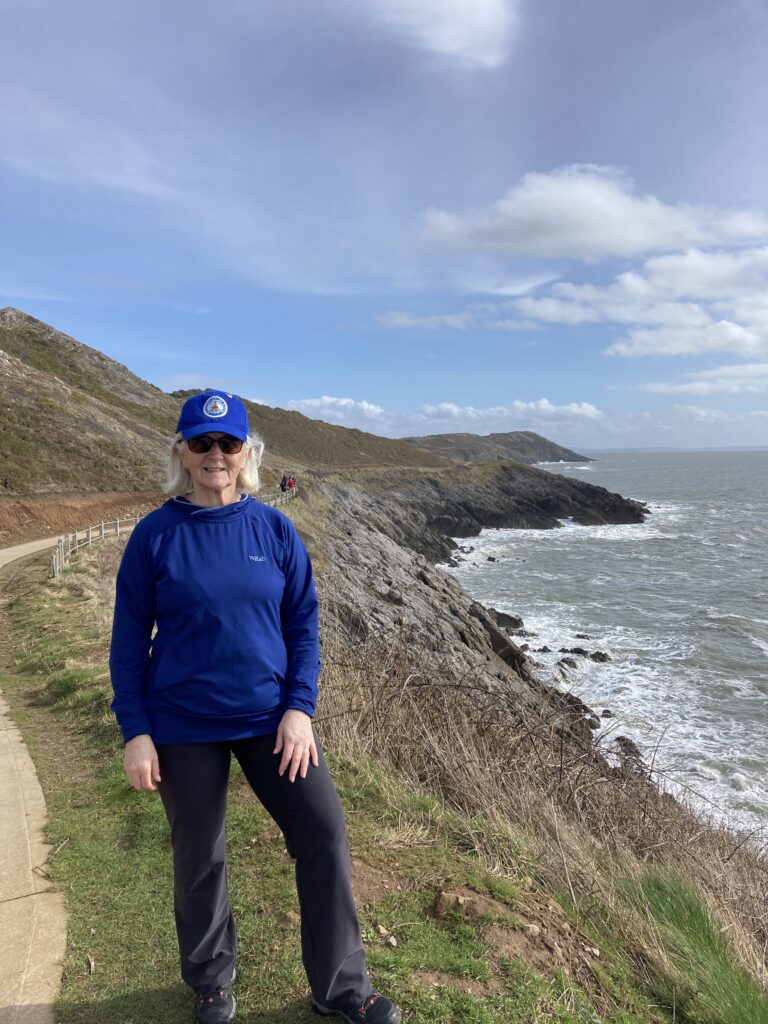
Barbara finally retired in January 2021 but continues to be as involved as ever in championing and empowering women within the Royal Navy (as well as travelling the world with her husband, Stuart). She was a Trustee of the Association of Wrens until last October and continues as Chair of the Association of Wrens in Swansea, and as Naval representative for female veterans with COBSEO. She liaises and facilitates with all sorts of networks such as the Naval Servicewomen’s Network, the Maritime Reserves and the Queen Alexandra’s RN Nursing Service.
“It is vital”, she concludes, “that women in the Navy continue to support each other. The Naval Servicewomen’s Network inspires and empowers female naval personnel today, and promotes to females that they really can do anything. I truly believe that women are treated very well in the Navy, but they still need that mentoring and that support.”
